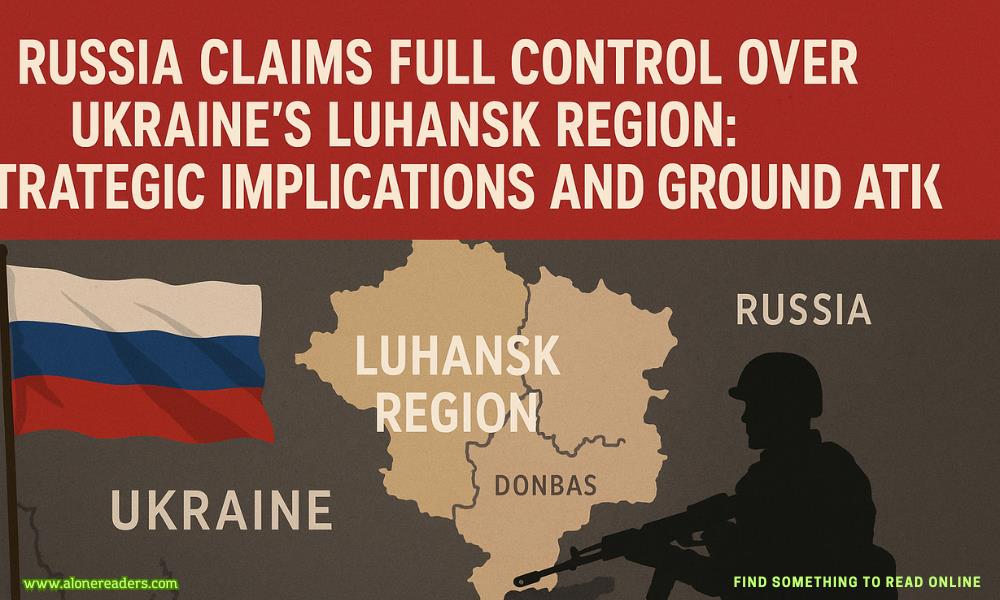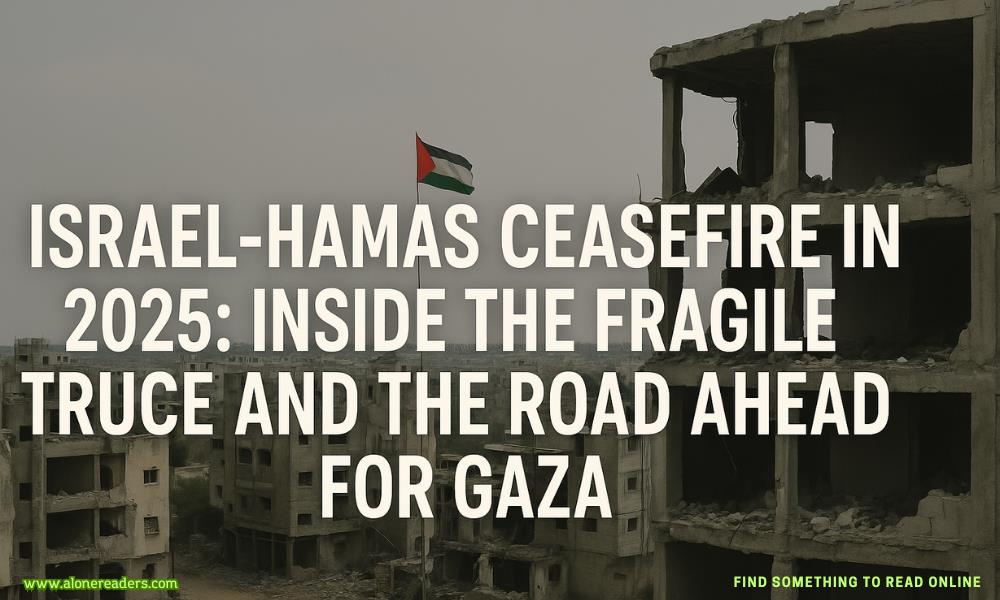Page 70 of Famine
“The sensations are a bit muted now that I wear this form,” Lightly he touches his chest, “but still I feel it all.”
Forgetting about the last bit of armor that encases his arm, I inch closer to him, drawn in by his words. Say what you will about me, I like a good story.
“That’s the difference between me and my brothers,” he continues. “We are all meant to ravage the world, but we have our distinctions: War is the most human, Pestilence perhaps next. But even Thanatos—Death—is intimately connected to life.
“I am the one least truly alive. I have more in common with wildfires and clouds and mountains than I do anything else. So to be something that lives and breathes is a stifling, unpleasant experience. I am ...trappedin this flesh.”
I sit back a little, trying to process his admission.
He sighs. “I just want this to be over,” he confesses. “All I want is to return to what I once was.”
Famine has been staring at some point between the floor and the wall, but after several moments he turns to me, as if just realizing I’m next to him.
Abruptly, he stands. “We’re leaving at daybreak,” he says. “Rest while you can. You won’t get any tomorrow.”
With that, he heads out of the room. Just past the doorway, he pauses.
“One other inhuman thing about me, flower.” Famine turns his head slightly towards me. “I don’t simply exist, Ihunger.”
Chapter 20
As usual, Faminemakesgood on his word the next day—by the time the sun has risen, we’re already back on the road, and the house we stayed in nothing more than a mostly-forgotten dream.
My wound throbs as I wiggle my feet. I finally have another pair of boots on—scuffed, mud-covered boots that are certainly not mine. I took them anyway, despite the knot of guilt I felt. They fit surprisingly well.
I also happened to take a leather belt, which I used to cinch the billowy white garment I wear, which, in the light of day, is nothing more than a nightgown.
I look ridiculous, but at least I’m alive. That’s more than I can say for most other people around these parts.
“The day we first reunited,” Famine says, interruptingmy thoughts. “Why did you seek me out?”
Here I am thinking about belts and nightgowns; meanwhile, the horseman’s going all existential on me.
“I didn’t seekanythingout,” I say. “You came to my town.”
“You could’ve fled,” he says.
“You would’ve eventually caught up with me.”
“Mmm.” One of his hands rests on my hips, and now it idly strokes the material there. He leans in close. “You thought I’d recognize you.” His voice and the nearness of his mouth give me chills.
Yes. Of course I thought that.
After a moment, the horseman speaks again.
“I remember exactly what you looked like the day you saved me,” he admits. “If I was truly looking for it, I would’ve recognized you, but I have spent the last five years not truly seeing anyone.”
I remember how angry Famine was right before he destroyed my childhood home. I don’t know the specifics of what happened to him while he was imprisoned—those secrets died with the people who hurt him—but it’s obvious that whatever happened to Famine, it made an already cruel man much, much crueler.
“Why did you save me at all?” the Reaper asks.
It’s not the first time he’s asked me this, but apparently, he wants to hear my answer again. Or maybe he wants a different answer; I don’t think human altruism sits well with him.
“Because I was young and foolish.” A touch of bitterness enters my voice.
I can feel those intense eyes boring into the back of my head. I shift under his scrutiny, and I feel the need to explain myself further.
“I lost my mom when I was an infant and my father when I was twelve. After my dad’s death, his sister took over raising me. She … wasn’t kind. She already had five children, and she didn’t want another. She made it clear I was a burden.”
- Daddy's Accidental Babies by Sofia T. Summers
- Death by Michelle Heard
- Feral by Jenika Snow
- Quadruplets for the Vipers by Tia Quinn
- Beautiful Sinner by Ivy Davis
- Ride Me Cowboy by Clare Connelly
- Bound in Matrimony by Emma Bray
- Calla's Boys by Yolanda Olson
- Property of Anchor by Winter Travers
- Punish Me, Daddy by Sara Fields
- His Mark by Sara Fields
- Filthy and Fierce by Hope Ford
- Vow of Obsession by Lucy Darling
- Veiled Vengeance by Ivy King
- Don't Say You're Sorry by Bethany Winters
- Kingston by Terri Anne Browning







